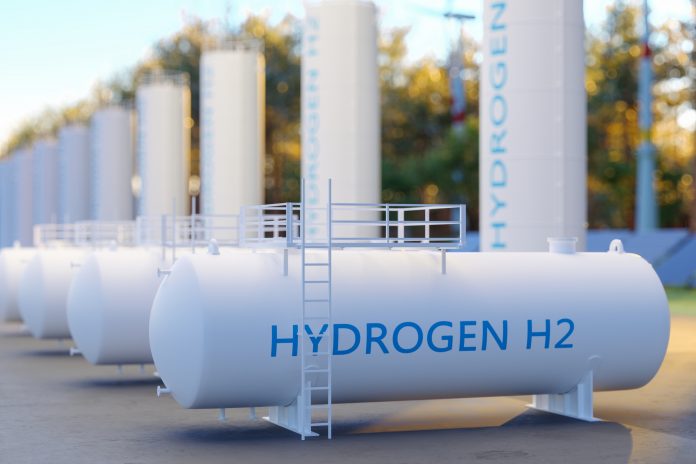In a groundbreaking move, the UK and Germany have joined hands to propel the global hydrogen industry to new heights
This new partnership signifies a shared commitment to driving hydrogen technology innovation across Europe and the globe.
A pivotal agreement between UK and Germany
The historic agreement was formalised at the UK Embassy in Berlin. Lord Callanan, Minister for Energy Efficiency and Green Finance of the UK, and Philip Nimmermann, State Secretary for Energy of Germany, signed a Joint Declaration of Intent.
The pact aims to fortify international hydrogen trade.
Pioneering low-carbon hydrogen
Both nations pledge to fast-track the integration of low-carbon hydrogen into their energy portfolios. This initiative underscores their dedication to achieving net-zero emissions and serves as a model for the global market’s expansion.
The collaboration is set to advance groundbreaking renewable hydrogen technologies, fostering employment and low-carbon investments.
Investing in a hydrogen future
The partnership follows substantial investments by the UK and Germany in hydrogen as an eco-friendly alternative fuel.
The UK has directed funds from the £240 million Net Zero Hydrogen Fund and revenue support from the Hydrogen Production Business Model towards low-carbon hydrogen production. In parallel, Germany is leveraging its Climate and Transformation Fund to drive hydrogen market growth.
A step towards net zero and energy security
This agreement not only accelerates progress toward net-zero emissions by 2050 but also bolsters the energy security of both nations. It marks a shift from fossil fuels, ensuring cleaner, more reliable, diversified energy alternatives.
Five pillars of collaboration
The agreement establishes five key areas of cooperation:
- Hydrogen Project Acceleration: Rapid deployment of hydrogen projects for industry and consumers.
- International Leadership: Establishing leadership in hydrogen markets, ensuring safety and regulatory standards for trade.
- Research and Innovation: Collaborative efforts in hydrogen technology research, from production to end-use applications.
- Trade Promotion: Encouraging hydrogen trade, along with related goods, technologies, and services
- Market Analysis: Joint analysis to guide government and industry planning and investments.
These pillars aim to make hydrogen technologies more affordable and accessible, lowering consumer energy costs. As industry stakeholders embrace cross-border trade opportunities, private investments in hydrogen technology are expected to surge, catalysing innovation.
This groundbreaking partnership sets the stage for hydrogen to play a pivotal role in achieving sustainable decarbonization, simultaneously fulfilling emission reduction goals and providing new business opportunities.
The UK and Germany are determined to lead the way in harnessing the potential of hydrogen as a cleaner, more sustainable energy source on the global stage.











